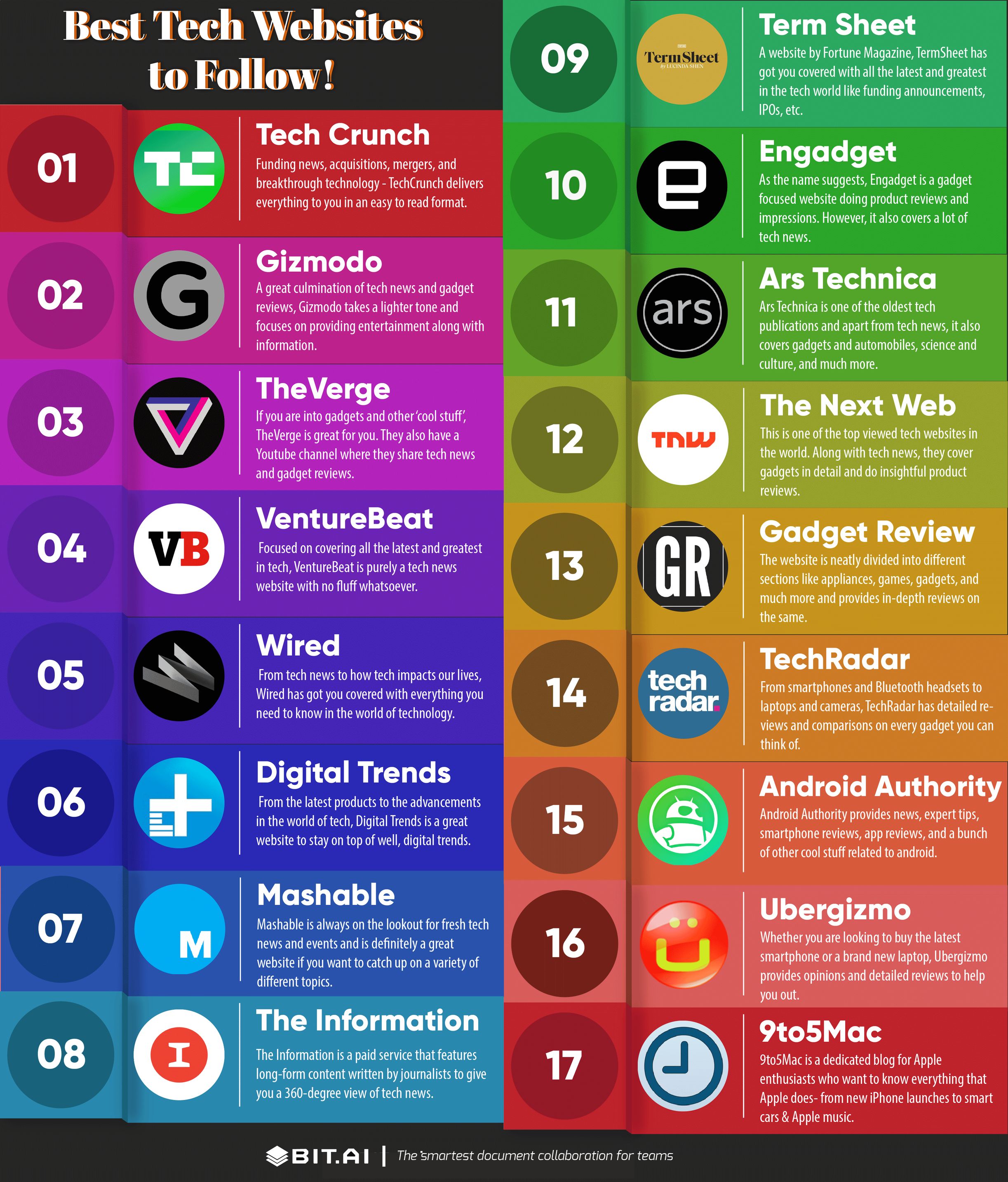Enhance Your Expertise with the Best tech blog Featuring Industry Professionals
Enhance Your Expertise with the Best tech blog Featuring Industry Professionals
Blog Article
Just How Blockchain Modern Technology Is Revolutionizing Data Safety And Security
Blockchain innovation is essentially altering the landscape of data safety and security by presenting a decentralized framework that guarantees enhanced openness and resilience. Unlike typical systems, which count on centralized information repositories, blockchain distributes data throughout a network, decreasing vulnerabilities and solitary factors of failure. Using sophisticated cryptographic methods ensures that data continues to be tamper-proof, fostering trust fund among stakeholders and users. As industries swiftly adapt to this technology, concerns develop about its wider influence and possible obstacles. What effects does this change hold for future information defense strategies and regulative frameworks? The answers might stun you (Best tech blog).
The Fundamentals of Blockchain
Blockchain modern technology, a revolutionary concept in digital data management, basically transforms just how details is saved and safeguarded. At its core, a blockchain is a distributed journal that tapes deals throughout a network of computers, guaranteeing openness and immutability. The innovation operates on a chain of blocks, each containing a list of purchases. As soon as a block is loaded, it is time-stamped and linked to the previous block, creating a sequential chain.
Secret to recognizing blockchain is the hashing procedure, which secures deal data into a special alphanumeric code. This cryptographic feature makes certain that any alteration in the transaction information causes an entirely various hash, thus securing against tampering. The consensus device, one more vital component, validates and verifies new transactions via a network of nodes, therefore removing the demand for a central authority.
In addition, blockchain's append-only structure ensures that information, as soon as included, can not be removed or altered. This particular warranties a proven and permanent document of deals, promoting depend on among individuals. Consequently, blockchain offers a robust structure for data honesty, using industries a dependable technique for tracking and managing electronic information in a secure, clear way.
Decentralization and Safety And Security
Decentralization, a core concept of blockchain innovation, considerably enhances information protection by distributing control throughout a network instead of relying upon a particular, central entity. This distribution alleviates the risk of solitary factors of failure, which are common in traditional centralized systems. By spreading information across numerous nodes, blockchain ensures that also if one node is jeopardized, the whole network stays safe and secure. This redundancy not only strengthens the honesty of the information yet also raises its strength to cyberattacks and system failures.

Each individual in the network has access to the whole blockchain, permitting them to validate and examine purchases individually. In general, decentralization is crucial in boosting data security in blockchain networks.

Cryptographic Methods
At the heart of blockchain innovation, cryptographic techniques play an essential function in protecting data, guaranteeing both discretion and honesty. Cryptography in blockchain utilizes a mix of asymmetric and symmetric algorithms to encrypt information, making it easily accessible only to accredited parties.
Hash features are another important part, transforming input data right into a fixed-size string of personalities, successfully producing an unique electronic finger print for each block. This guarantees that any effort to alter the information will cause an entirely different hash, therefore preserving the immutability of the blockchain. Electronic trademarks verify the credibility and stability of purchases, supplying a layer of non-repudiation.
The decentralized nature of blockchain, incorporated with durable cryptographic strategies, removes the need for middlemans, minimizing possible vulnerabilities. As blockchain technology progresses, improvements in cryptography such as zero-knowledge proofs and homomorphic security remain to improve safety and security procedures, additionally fortifying data defense in this advanced digital ledger system.
Usage Instances Across Industries

In the healthcare industry, blockchain makes sure the safe and secure storage and sharing of client records, promoting interoperability while securing sensitive data from unauthorized access. This technology empowers patients with control over their medical background and assists in smooth coordination amongst healthcare suppliers.
Supply chain monitoring advantages significantly from blockchain's unalterable ledger, which makes certain traceability and authenticity of products from origin to consumer. By improving openness, blockchain helps mitigate problems such as counterfeiting you could try these out and underhanded sourcing.
Furthermore, blockchain's decentralized nature is improving the power industry by enabling peer-to-peer power trading, where customers can deal excess renewable resource straight. This fosters a more lasting and efficient energy environment.
In the world of intellectual residential property, blockchain supplies a tamper-proof system for developers to register and secure their works, making sure rightful attribution and reasonable payment. These varied use instances underline blockchain's function as an essential pressure in redefining information safety across sectors.
Future of Information Defense
As we aim to the future of information defense, blockchain innovation is positioned to play a critical role in protecting electronic info. With its decentralized and immutable attributes, blockchain offers a durable structure for protecting sensitive data versus unauthorized gain access to and cyber dangers. This technology guarantees that once data is tape-recorded, it is almost difficult to alter without detection, hence giving a considerable advantage over standard data storage methods.
The assimilation of blockchain with other sophisticated technologies, such as expert system and the Net of Things (IoT), is anticipated to improve data defense methods better. By leveraging smart agreements, companies can apply and automate safety procedures, decreasing human error and boosting performance. Additionally, blockchain's capability to offer traceable and clear deals will certainly bolster trust fund and responsibility in data monitoring methods.
As regulative landscapes progress, blockchain's compliance-friendly nature will certainly become significantly appropriate. It can help organizations fulfill stringent information protection laws, such as the General Data Security Guideline (GDPR) and the California Customer Personal Privacy Act (CCPA), by supplying proven documents of information handling activities. Inevitably, blockchain's unique features setting it as a transformative device in the ongoing find out here now quest to protect the electronic world versus ever-evolving cyber risks.
Conclusion
Blockchain technology stands for a standard shift in data safety by leveraging decentralization and cryptographic methods to enhance transparency, trust fund, and information integrity. As cyber hazards advance, blockchain arises as a vital tool for durable information security throughout different industries.
Blockchain technology is fundamentally altering the landscape of information safety and security by introducing a decentralized framework that assures improved openness and strength. Unlike standard systems, which count on central information repositories, blockchain distributes information throughout a network, minimizing susceptabilities and solitary points of failing.Decentralization, a core concept of blockchain innovation, substantially enhances information security by distributing control throughout a network rather than depending on a particular, central entity.At the heart of blockchain technology, cryptographic methods play a pivotal function in guarding information, guaranteeing both confidentiality and integrity.Blockchain innovation stands for a paradigm shift in information protection by leveraging decentralization and cryptographic strategies to enhance openness, count on, and data honesty.
Report this page